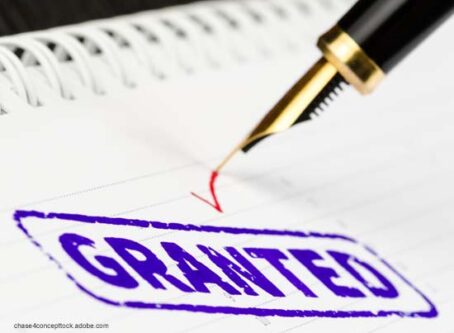Pennsylvania bill offers amnesty to traffic violators with suspended licenses
If one Pennsylvania state lawmaker gets his way, the state would forgive some traffic violators for nonhighway safety-related reasons.
Rep. Jake Wheatley, D-Allegheny, has introduced a bill to establish an amnesty program to give people who have lost their driving privileges due to inability to pay fines, fees or penalties the opportunity to have their license reinstated once making payment of those delinquent fines, fees or penalties.
The Pennsylvania Department of Transportation estimates there are more than 1 million traffic violators with suspended driver’s licenses in the state.
“It becomes all too easy to fall into a vicious cycle of suspensions, fines and penalties that eventually add up to a point where an individual can never get out from under and creates less incentive to rectify the situation,” Wheatley said in prepared remarks.
He adds that affected individuals also are uninsured.
The program would be in place for one year for traffic violators who would still be required to serve the suspension for the underlying offense, but would provide amnesty for all subsequent suspensions for driving while suspended and provide the opportunity for a payment plan or community service to satisfy all financial penalties.
The bill, HB80, is in the House Transportation Committee.
Ohio has similar program
A similar program was approved one year ago across the state line in Ohio. The six-month program is designed to help indigent Ohioans who cannot afford the reinstatement fee or fines they received throughout their license suspension.
Traffic violators convicted of offenses involving alcohol, drugs, or deadly weapon charges are not be eligible for the amnesty program.
The Ohio Bureau of Motor Vehicles estimates 2.4 million active license suspensions may qualify for a fee reduction waiver.
The most common type of suspension relates to noncompliance, or failure to show proof of insurance at a traffic stop or wreck. The violation accounts for 39 percent of the statewide suspensions in the most current one year time period.
Ohio law now defines an indigent person as an individual who participates in the supplemental nutrition assistance program. If the affected person has reinstatement fees for multiple offenses, they must pay either the lowest fee or 10% of the amount owed for all such offenses, whichever is greater.
Advocates said the new law incentivizes individuals to legally reinstate their license, keep their insurance coverage, and prevent them from continuing to drive on a suspended license.









